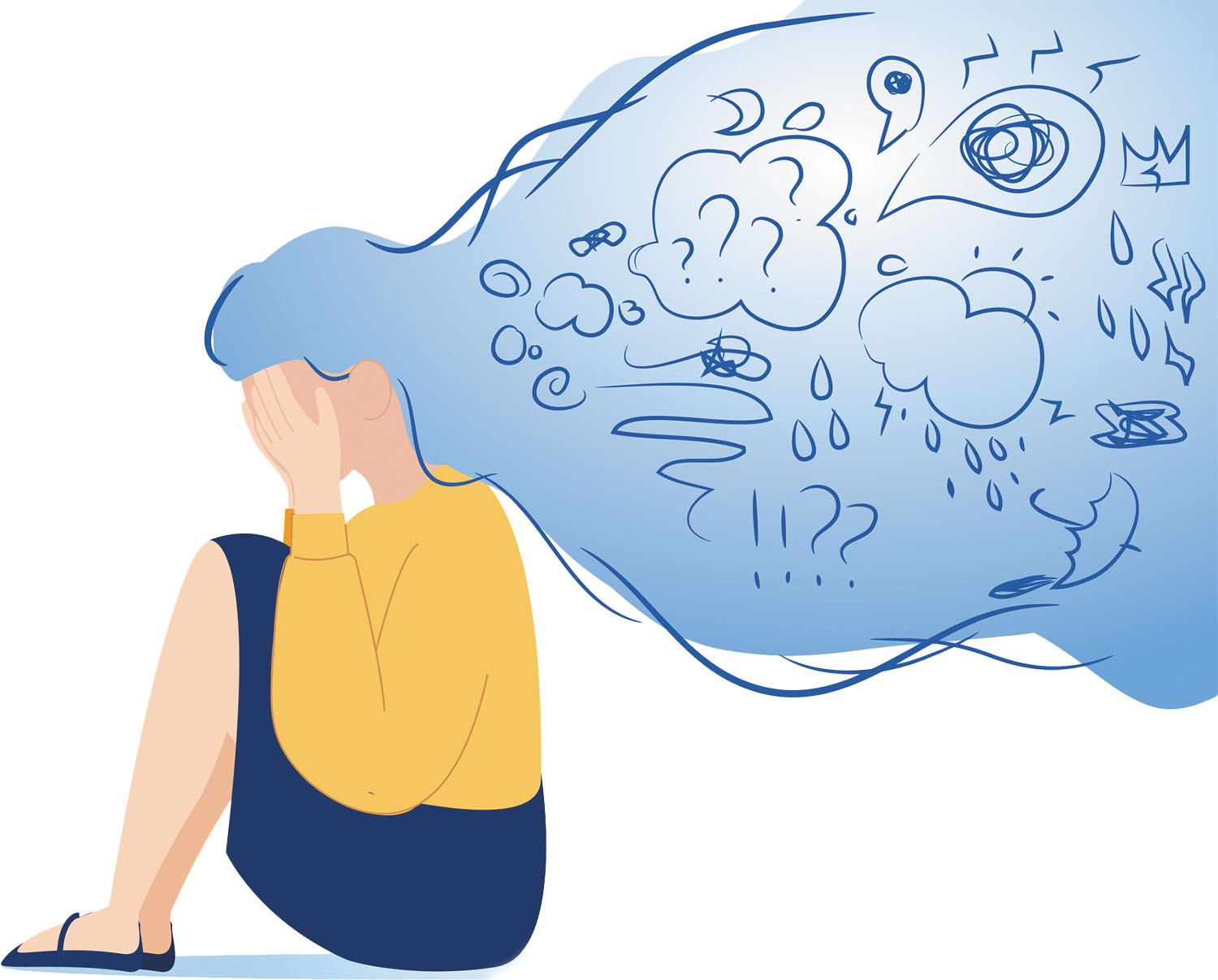
Celiac disease: Exploring four myths

What is prostatitis and how is it treated?

What is Cushing syndrome?

Exercises to relieve joint pain

Think your child has ADHD? What your pediatrician can do

Foam roller: Could you benefit from this massage tool?

Stepping up activity if winter slowed you down

Common causes of cloudy urine

Dragon fruit: How to enjoy this antioxidant-rich fruit

Are you getting health care you don't need?
Mind & Mood Archive
Articles
Music as medicine
Music therapy uses personally tailored interventions such as singing, songwriting, playing an instrument, or moving to the beat to help people with a variety of health conditions manage disease symptoms and treatment side effects. Research suggests music therapy can curb stress, soothe pain, promote sleep, reduce anxiety, and improve memory and focus. People interested in accessing music therapy can ask their health care team or hospital for a referral, or look for a music therapist through the American Music Therapy Association.
Weighing in on weight gain from antidepressants
If you're struggling with depression, the most important question about taking an antidepressant is whether it will work. But another question on your mind may be whether it will fuel weight gain. A new study provides some context.
Can a spoonful of daily olive oil ward off dementia death?
A 2024 Harvard study of more than 92,000 healthy men and women (average age 56) found that consuming about half a tablespoon of olive oil per day was associated with a 28% reduction in the risk for dementia-related death, regardless of diet quality.
A balanced approach to eating may be best for brain health
People who followed a balanced diet consisting of a good mix of healthy foods like lean meats, vegetables, fruit, and dairy, with occasional processed foods had the highest scores of cognitive function compared with other eating patterns, according to a 2024 study.
Optimism may slow women's age‑related physical decline
A 2024 study suggests that optimism may help women stave off age-related physical decline.
Recognizing and easing the physical symptoms of anxiety
Anxiety can produce physical symptoms, such as headaches, stomach upset, and tightness in the chest. Sometimes this sets up a vicious cycle, in which anxiety triggers physical symptoms, and the symptoms magnify anxiety, which makes them even worse. Doing distracting tasks or relaxation exercises can help break this cycle. People should seek professional help if symptoms can't be controlled.
Parenting isn't easy: Two important skills can help
Parenting can be challenging, but childhood and adolescence can be difficult too. How can parents help their kids manage anger, sadness, anxiety, and handle emotionally trying times? Practicing two skills can help both your child and you.

Celiac disease: Exploring four myths

What is prostatitis and how is it treated?

What is Cushing syndrome?

Exercises to relieve joint pain

Think your child has ADHD? What your pediatrician can do

Foam roller: Could you benefit from this massage tool?

Stepping up activity if winter slowed you down

Common causes of cloudy urine

Dragon fruit: How to enjoy this antioxidant-rich fruit

Are you getting health care you don't need?
Free Healthbeat Signup
Get the latest in health news delivered to your inbox!
Sign Up











